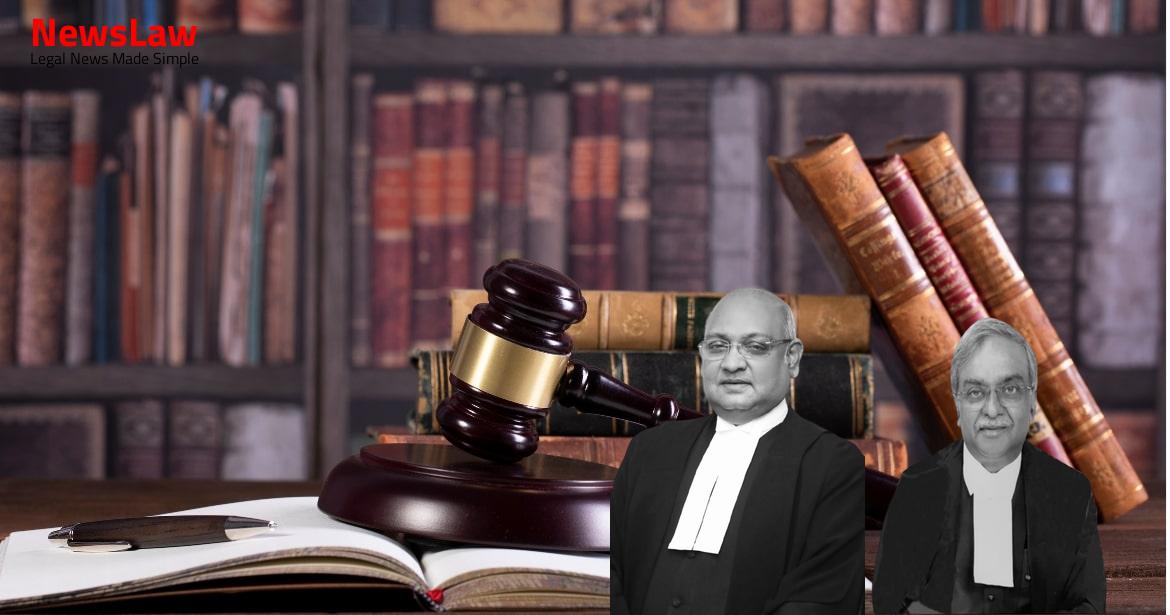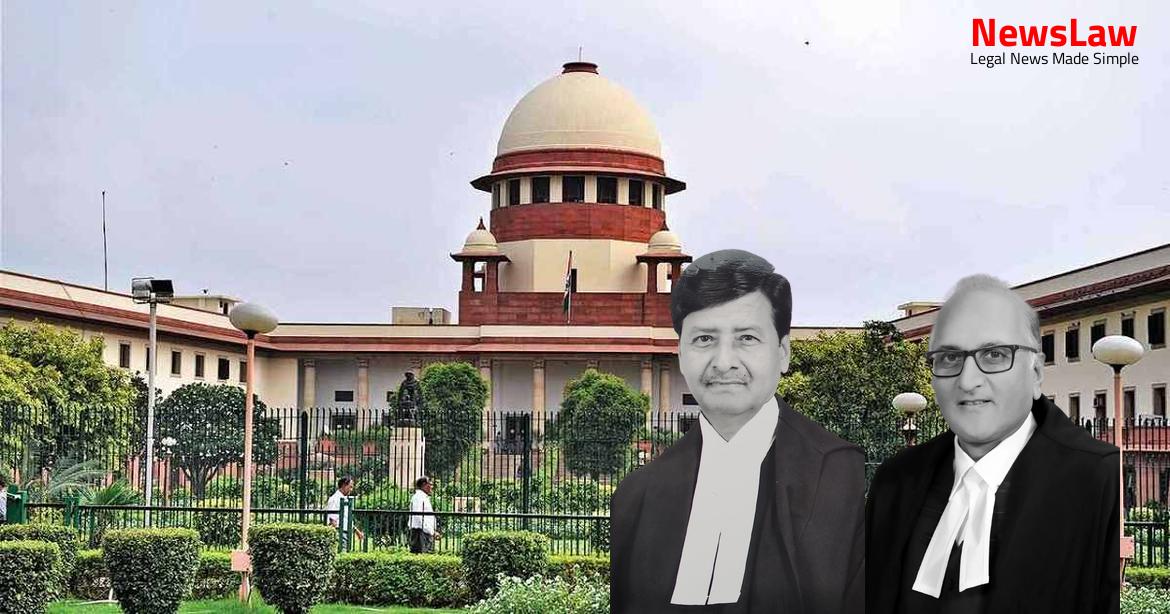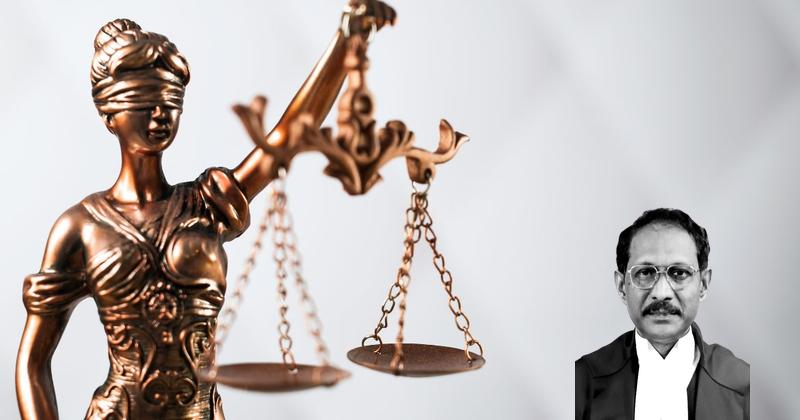Delve into the nuances of the recent court ruling that emphasizes the significance of preparing a Detailed Site Report (DSR) for mining leases. The court’s legal analysis sheds light on the importance of adhering to policy parameters and environmental considerations in the process. Follow the legal journey through decision-making bodies like SEAC and SEIAA, and understand the balance required between development and environmental protection in mining activities.
Facts
- The National Green Tribunal directed the State to undertake a fresh exercise for the preparation of a Detailed Site Report (DSR) for the Banka district.
- This direction was given based on specific findings mentioned in the judgment.
- The Tribunal emphasized the importance of preparing a new DSR for the district.
- The District Magistrate forwards the DSR for examination by the State Expert Appraisal Committee (SEAC) which consists of technical/scientific experts.
- Due to the non-functioning of the DEIAA post the Satendra Pandey case, the DSR is to be prepared by a consultant accredited by the National Accreditation Board of Education and Training/Quality Control Council of India.
- The District Magistrate verifies the DSR only in relation to the physical and geographical aspects of the district, separate from the scientific findings based on SSMMG-2016 parameters.
- The SEAC evaluates the DSR and forwards it to SEIAA for consideration and approval if it adheres to all scientific/technical requirements.
- The MoEF & CC Accredited Agency/Consultant must adhere strictly to the mandated procedures while preparing the DSR.
Also Read: Presumption of Genuine Endorsements in Cheque Case
Arguments
- Shri Atmaram Nadkarni, representing the State of Bihar, argued that the Tribunal made errors in requiring approval from SEAC and SEIAA before mining sand based on the DSR.
- He further argued that the Tribunal’s ruling on inviting tenders without a proper DSR was flawed.
- Nadkarni highlighted the potential financial loss to the public exchequer due to the delay in mining activities caused by the Tribunal’s orders.
- State focused only on financial enrichment, neglecting environmental aspects.
- Counsel for the original applicant strongly opposed the appeals.
- Tribunal ruled that DSRs were not prepared in accordance with rules and policy guidelines.
Also Read: Medical Negligence and Compensation: A Landmark Decision
Analysis
- The 2020 guidelines require the District Survey Report (DSR) to be prepared before the auction or grant of mining leases by the relevant state departments.
- The DSR should avoid potential mining sites that may impact forests, protected areas, habitation, and bridges.
- A sub-divisional committee, consisting of various government department officers, is tasked with visiting sites and making recommendations on mining site suitability.
- The Tribunal had directed the Ministry of Environment to revise the procedure in a 2016 notification based on a previous court judgment.
- Sand mining is essential for public infrastructure and construction, necessitating a balance between development and environmental concerns.
- The public should be consulted on the list of mining leases to be auctioned, and the final list should be included in the DSR after public hearings.
- Sub-divisional committees are crucial for site selection and lease recommendations, replacing private consultants and utilizing modern technology for monitoring.
- Illegal mining thrives when legal mining is banned, leading to criminal activities and safety risks.
- Enforcement and Monitoring Guidelines for Sand Mining were issued in 2020, emphasizing the role of sub-divisional committees in site identification and DSR preparation.
- The direction issued by the Tribunal needs to be modified.
Also Read: Remand of Writ Petition for Restoration and Decision on Merits
Decision
- Draft DSRs to be prepared by sub-divisional committees including various officers from different departments
- DSRs to be prepared through site visits and modern technology
- DSRs to be examined by SEAC within 6 weeks and report forwarded to SEIAA within the same period
- District Magistrate to forward draft DSRs to SEAC for evaluation
- SEIAA to consider approval of DSRs within 6 weeks
- Strict adherence to policy parameters during DSR preparation and appraisal
- State Government permitted to continue mining activities through Bihar State Mining Corporation
- State Government to ensure environmental concerns are addressed and no damage is caused to the environment
- Matter to be listed after 20 weeks
- Draft DSRs to be prepared within 6 weeks from the date of the order
Case Title: THE STATE OF BIHAR Vs. PAWAN KUMAR (2021 INSC 713)
Case Number: C.A. No.-003661-003662 / 2020



